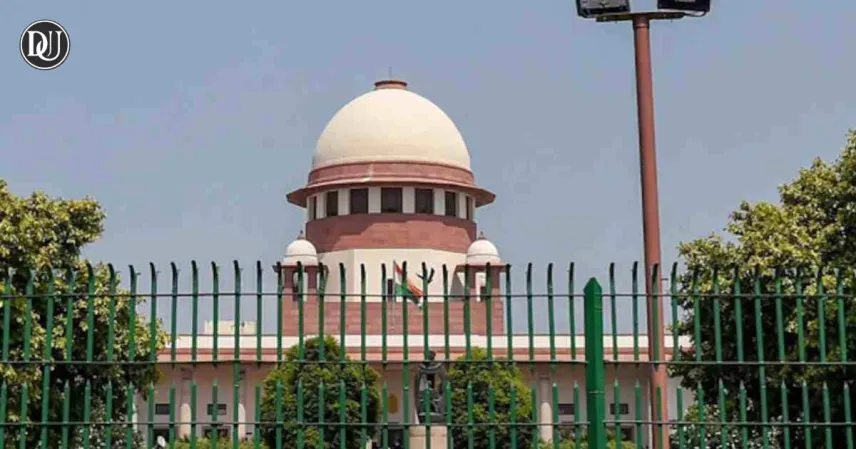In a recent development, the Supreme Court of India became the target of a significant online backlash following its interim order on the amended Waqf Act. The court's directive to maintain the status quo on Waqf properties until the next hearing sparked a wave of criticism on social media platforms.
A Hashtag That Crossed the Line
Shortly after the court's decision, a derogatory hashtag began trending on X (formerly Twitter), garnering over 70,000 posts within 24 hours. The campaign included offensive language and AI-generated images, some of which insinuated unethical behavior by the judiciary. This orchestrated online attack raised concerns about the boundaries of free speech and the respect owed to judicial institutions.
The Role of Social Media in Shaping Public Opinion
The incident highlights the growing influence of social media in shaping public discourse. While these platforms provide a space for diverse opinions, they also pose challenges in moderating content that can undermine the dignity of public institutions. The rapid spread of misinformation and offensive content calls for a balanced approach to digital expression and accountability.
Respecting the Pillars of Democracy
The judiciary serves as a cornerstone of democracy, ensuring the rule of law and protecting citizens' rights. While constructive criticism is essential for any institution, it is crucial to distinguish between healthy debate and actions that erode public trust. Upholding the integrity of the judiciary is vital for maintaining the balance of power and the health of the democratic process.
Moving Forward: Encouraging Responsible Dialogue
As the nation navigates complex legal and social issues, fostering respectful and informed discussions becomes imperative. Citizens, media, and political entities share the responsibility of engaging in dialogues that contribute to the nation's progress without compromising the sanctity of its institutions.










